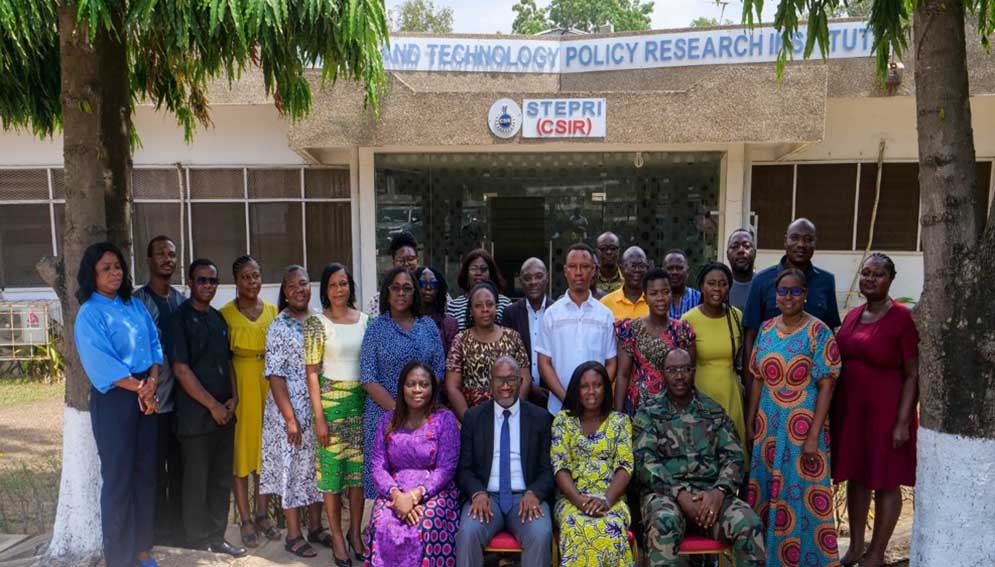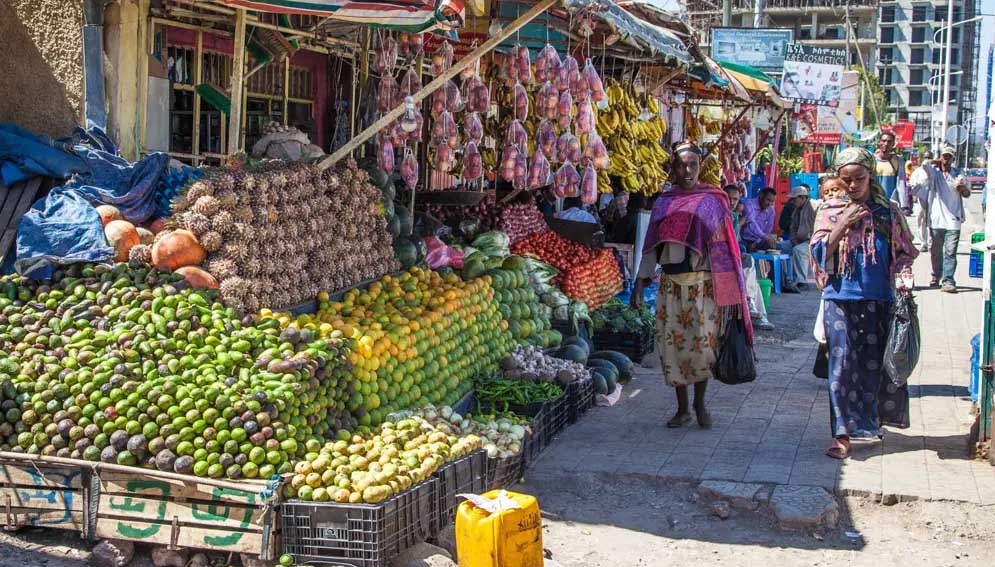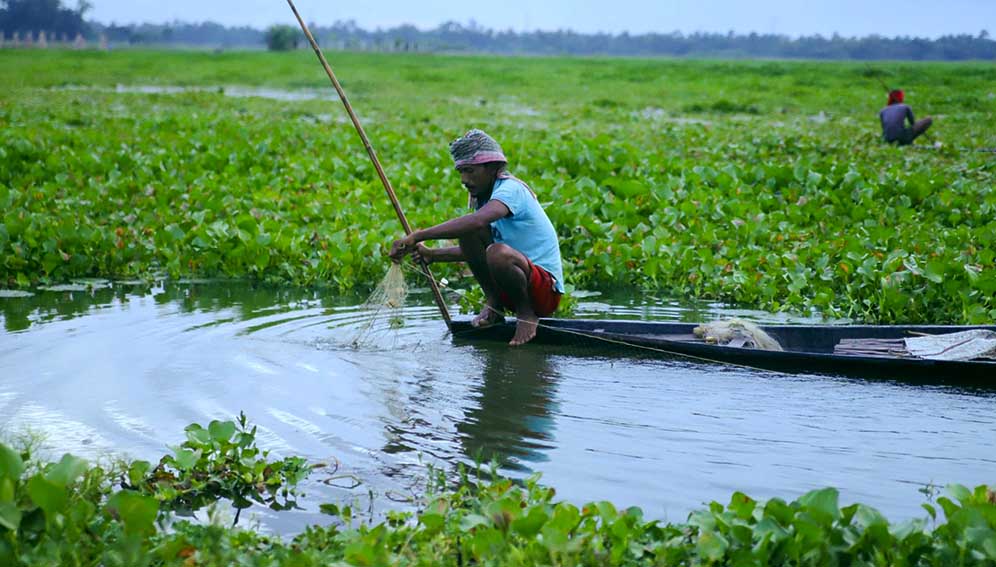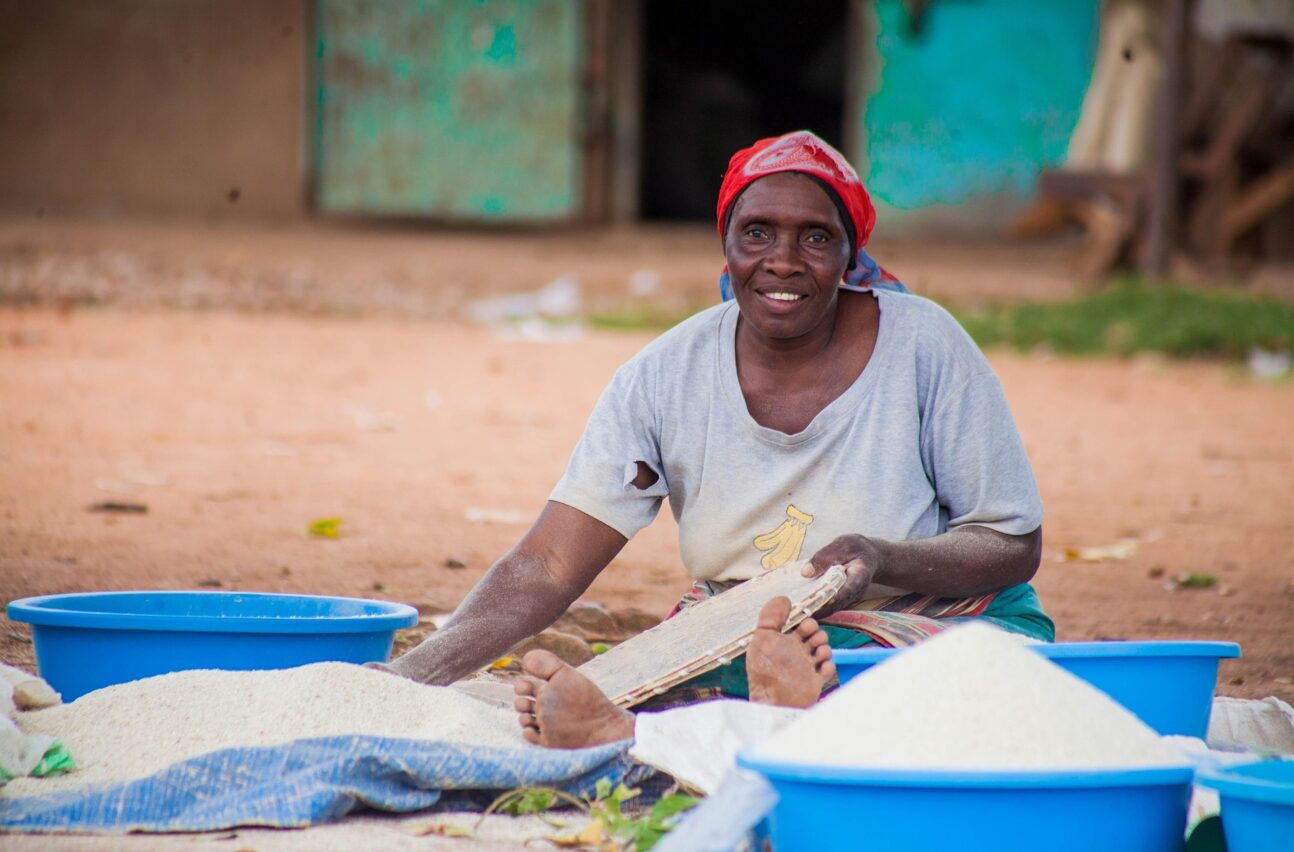SGCI News
Award-winning South African researchers discuss their work tackling water scarcity and cancer. 1 Chemical engineer Nomthandazo Sibiya tackles South African water crisis 2 Her research on metals in wastewater won…
Award-winning South African researchers discuss their work tackling water scarcity and cancer.
| 1 | Chemical engineer Nomthandazo Sibiya tackles South African water crisis |
| 2 | Her research on metals in wastewater won her a National Research Foundation Award |
| 3 | Awards also recognised research into pancreatic and gallbladder cancers |
[NAIROBI] Water scarcity is a huge problem for many people in South Africa and for chemical engineer Nomthandazo Sibiya it was an issue she had experienced first-hand.
Having been raised in a small village where obtaining clean water meant fetching it from a well, Sibiya became determined to tackle this challenge as she embarked on a career in science.
“Water scarcity is a big crisis in South Africa,” says Sibiya.
“I grew up in a rural area where we walked for many kilometres to fetch water.
“I wanted to find a solution to the water challenge and enhance access to clean water.”
“Publishing is an output of research, but being recognised for the effort does stimulate enthusiasm to achieve more and to inspire and mentor peers, including young scientists.“
Himla Soodyall, executive officer, Academy of Science of South Africa
Five years ago, Sibiya finished her undergraduate degree in chemical engineering at South Africa’s Durban University of Technology, where she then went on to study for a Masters degree in chemical engineering.
Now a doctoral student in chemical engineering at the university, Sibiya has undertaken a research project with a mission – to cleanse industrial wastewater through the innovative use of magnetic chemicals.
Her work and commitment have earned her one of this year’s National Research Foundation (NRF) awards – a prize that celebrates the most innovative scientists and researchers in South Africa.
The annual awards recognise individuals and teams whose scientific achievements have significantly extended the boundaries of knowledge for the greater good of society.
“The NRF rating system upon which these awards are based provides us with a benchmark by which we, as a country, can measure our value as a global knowledge creator and of course benchmark with the rest of the world,” said Mosa Moshabela, chairperson of the National Research Foundation Board.
Sibiya’s win in the research excellence award for the next generation of researchers category was recognition for work that addresses the critical issue of access to clean water in a country marked by high industrial production of wastewater.
Funded by the NRF, her PhD aims to bridge the skills gap in the fields of science, engineering, technology, humanities and social sciences while bolstering the research talent pool in South Africa’s national innovation system.
Sibya’s research focuses on the removal of heavy metals from wastewater using specialised absorption materials. She identified a pressing issue in existing treatments – the difficulty in recovery of absorbents.
Sibya believes the magnetic removal of heavy metals could offer a viable solution for wastewater treatment, which is reusable and environmentally friendly.
“My target is to move towards environmentally friendly wastewater treatment solutions that are also affordable,” she explains.
Sibya says she wants to complete her PhD and champion the cause of young girls in her community, encouraging them to pursue scientific courses through mentorship.
She was honoured, along with other award winners, at an award ceremony in Durban, KwaZulu-Natal, in August, which also celebrated 20 years of South Africa’s Square Kilometre Array (SKA) Project, an international endeavour to build the world’s largest radio telescope.
Cancer ‘biomarkers’ research
In the category of research excellence award for early career and emerging researchers, Ekene Nweke, a molecular biologist at the University of the Witwatersrand’s Department of Surgery, was recognised for his work to find biomarkers to guide early diagnosis and treatment of pancreatic and gallbladder cancer, particularly among people of African ancestry.
Nweke says these life-threatening cancers disproportionately affect individuals of African descent, yet they are rarely included in research and drug development.
“Pancreatic and gallbladder cancers are deadly,” says Nweke.
“Patients of African ancestry suffer the most, with half of the patients living for less than six months.”
Nweke is exploring the underlying causes of these cancers and devising early diagnostic solutions. He hopes to illuminate the intricacies of these aggressive cancers and spur drug development.
“We are seeing things that could be making cancer more aggressive,” says Nweke, adding that there is projected to be a surge in pancreatic and gallbladder cancer with other cancers in Sub-Saharan Africa.
Himla Soodyall, a research professor in human genetics and the executive officer of the Academy of Science of South Africa (ASSAf), believes that recognising the contributions of academics like Nweke to the science, technology, and innovation ecosystem not only validates their work but inspires future generations.
“Publishing is an output of research, but being recognised for the effort does stimulate enthusiasm to achieve more and to inspire and mentor peers, including young scientists,” says Soodyall. She says awards like those by the NRF, the National Science and Technology Forum, and the ASSAf Gold Medal provide a vital platform to celebrate these achievements and motivate researchers to further their contributions to society.
Related News
A gender project is bridging gaps in research and evaluation in Ghana
Ghana is addressing critical issues in the country’s research landscape by bridging gender gaps in research and evaluation through a gender project. The Ghana Ministry of Environment, Science and Technology, a Science Granting Council is leading the gender project called EQUISTEM. The EQUISTEM project tackles…
Unlocking stronger food systems with African research
[SciDevNet] The 2025 Global Food Policy Report warns that the world could be heading toward another major food crisis. For Africa, the warning is especially urgent. Across the continent, food systems are under pressure from climate change, economic shocks, and political instability. These overlapping challenges…
Invasive lake weed turned to clean energy in Ethiopia
[ADDIS ABABA, SciDevNet] For years, Fentie Wabi worked as a fisherman on Ethiopia’s Lake Tana, until an aggressive green invader changed everything. Water hyacinth, a fast-spreading aquatic weed, began choking the lake that had sustained his community. “As the weed expanded, we couldn’t ride our…
Research and Resources
SGCI funded projects
Zambia’s top researchers pioneer solutions for climate resilience, food security, economic growth
Project Titles & Institution Areas of Research Number of Projects being funded Project Duration Grant Amount In-Kind Distribution Council Collaboration with other councils





